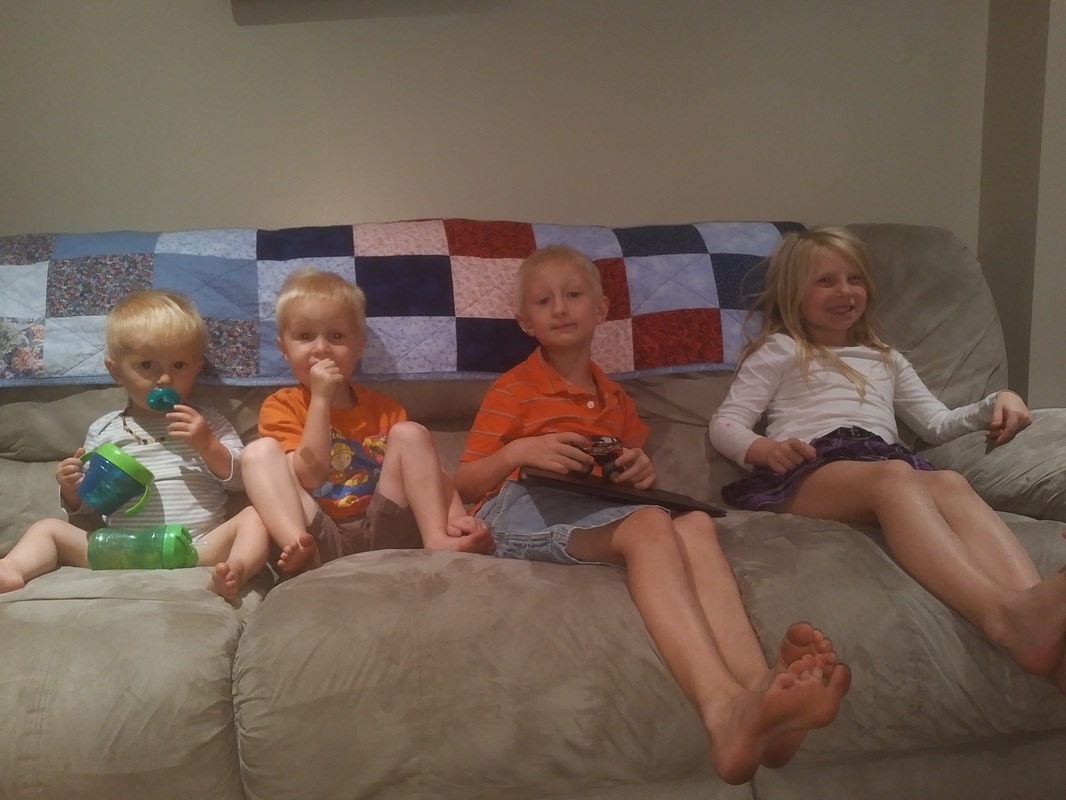The COO governance model has been a God-send for the small schools that I’ve been involved in. Let me explain.
In a small school, committees can become overbearing. When one-third of the school’s families (or more!) are represented on the Board, extra committee liaison assignments can become cumbersome. When a principal is teaching and trying to also administrate, committees become inefficient, and perhaps breeding grounds of resentment. How many of us have been to a committee meeting where it is felt that hours are spent convincing those on the committee to agree to a decision that we’re going to have to implement the next day (after we’re done in the classroom) anyway?
The COO model suggests a way out of this: allow the principal to make decisions within policy regarding the day-to-day operations of the school without having to rely on volunteer buy-in and rubber stamping. Precious time and energy can be saved.
Nevertheless, there are concerns that need to be addressed.
One of the questions that was asked of me when I visited the Board of the aforementioned school was “how do we build community if parents are not intimately involved in the day-to-day decision making?” The question surprised me, I hadn’t thought of the transition from that angle before. Of course, it makes sense that communities that have prided themselves on involvement and decision-making see this as synonymous with community-building.
My answer was this: community-building doesn’t become less important, it takes different forms.
But still, the voice can be heard asking how community is built when parents are not involved. My answer is that the Board and Principal (COO) have to be intentional about creating new ways of fostering community. For example, perhaps membership meetings become fellowship times as well as budgetary votes. Maybe more full-community events like talent shows, musical galas, pie-bake bees, etc. take place in the evening instead of committee meetings. Maybe through less committee meetings and day-to-day involvement we can foster a deeper appreciation for the community, and less resentment for work that is done inefficiently, and sometimes unwillingly.
I’m not arguing that all committee work is inefficient. Nor am I claiming that community can’t be fostered through committee work. I am, however, arguing that decision-making can be delegated responsibly to the proper authority which may, in small school communities, open up new ways to experience community.

 RSS Feed
RSS Feed
